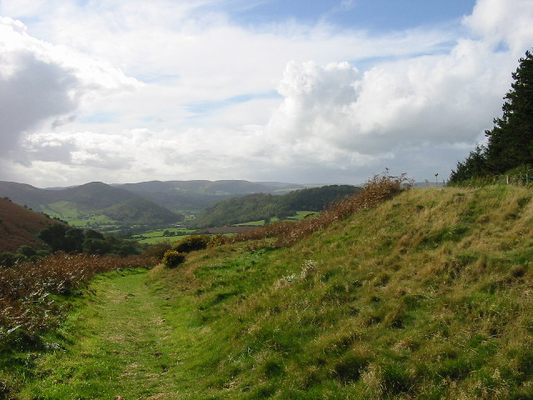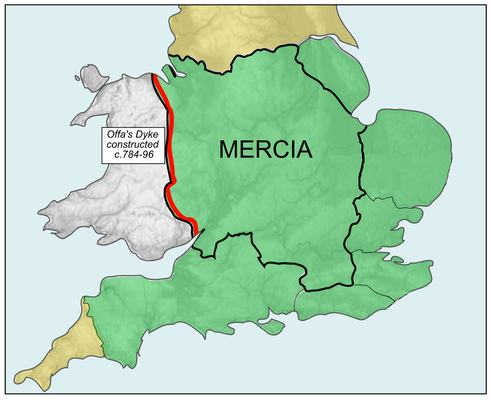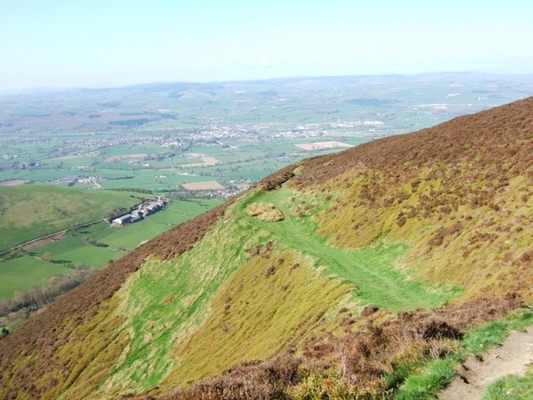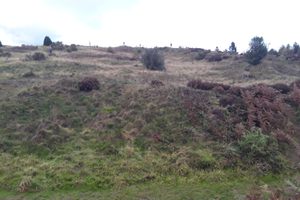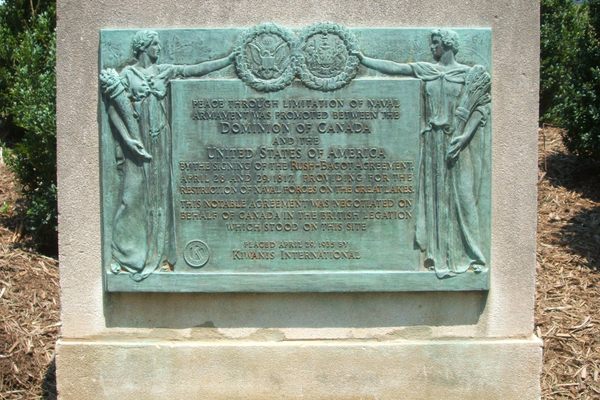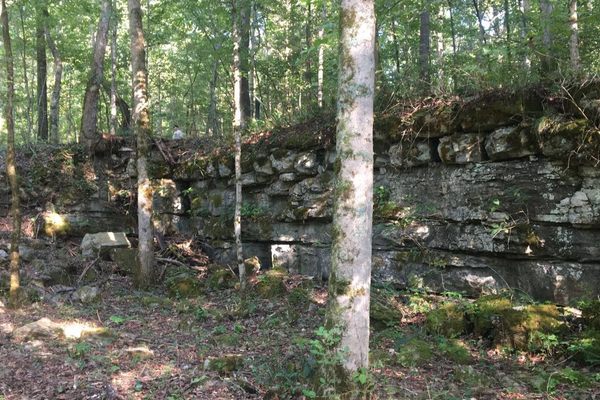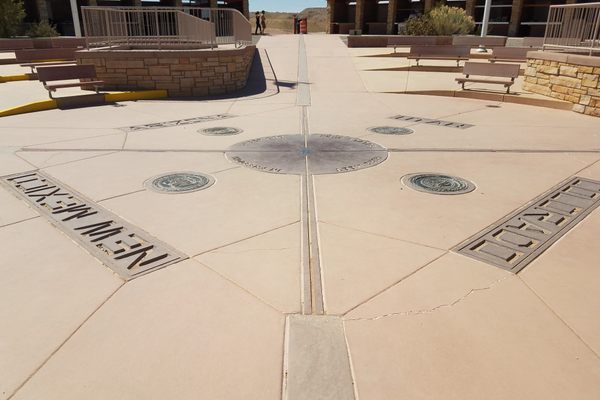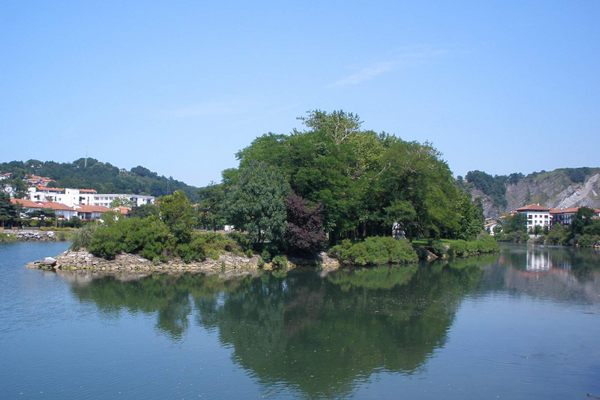About
In Offa of Mercia's reign in the 8th century CE, a great earthwork boundary was built that delineated the border between what would become England and Wales. At 176 miles long and up to 12 feet high, the great earthwork is Britain’s longest ancient monument.
Offa’s Dyke likely served as a sign of Mercia’s power—the sheer amount of resources to create the Dyke showed contemporaries that the Mercians could destroy any opponent. Also, and more obviously, it signaled that the Welsh would be excluded from former territories. The Dyke offered a very visible divide between Anglo-Mercia and Welsh Powys, and the Mercians had the upper ground.
Offa is mentioned by the monk Asser in his biography on Alfred the great. Asser writes, "a certain vigorous king called Offa [...] had a great dyke built between Wales and Mercia from sea to sea.” This mention has traditionally been accepted as proof the Dyke was built solely during Offa’s reign. However, ongoing historical research has put former conventional knowledge into question. Radiocarbon dating has suggested the Dyke was built earlier than Offa’s reign and could have been the project of several kings, if not an ongoing project lasting for hundreds of years.
The Dyke is a fascinating insight into how boundaries are formed and how this affects conception of nations. It is also in a stunning location with chances to encounter amazing wildlife.
Related Tags
Know Before You Go
English Heritage manages a three-mile wooded section of the Offa’s Dyke, including the Devil’s Pulpit, which has breathtaking views of Tintern Abbey. For those with more time and stamina, the National Trail Offa’s Dyke trail follows the stunning English and Welsh border along Offa’s Dyke.
Published
February 3, 2017
